Charlie Ton Quy - The boy who lived to become a "nail king" earns half a billion dollars/year in the US
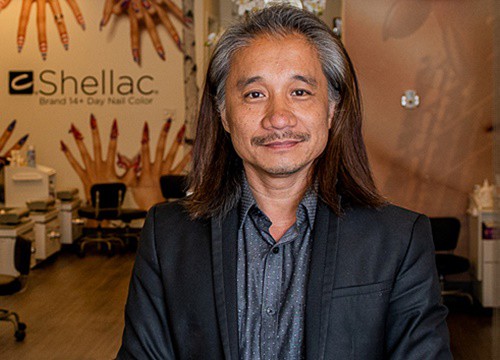
4 | 0 Discuss | Share
Tadashi Yanai is one of the most successful businessmen in Japan. The company he founded is currently the third largest garment manufacturer in the world, with more than 3,000 retail stores, owning a series of famous brands.
Little known things about Tadashi Yanai
Born in 1949 into a tailor's family in Hiroshima - Japan, Yanai's childhood was spent in his family's small tailor shop, surrounded by fabrics, needles and clothing tailoring.
Although he graduated with a Bachelor's degree in Economics and Politics from Waseda University, Tadashi Yanai's first job was as a salesman of men's clothing and kitchen appliances at a local supermarket, Jusco. He left the company after just one year.
After quitting her job, Yanai fell into a deadlock when thinking about her career. Although he "didn't volunteer" at first, the young man decided to work at his father's tailor shop. However, this was the stepping stone for his career. The first years of business were truly a difficult journey for Yanai, especially in terms of company management and operations.
“I had to clean the shop, wash coats, source supplies – I really had to do everything myself because there was no one else,†he told Business of Fashion in 2016. great learning opportunity."
And Tadashi Yanai, despite being the owner of one of the world's largest fashion houses, usually only wears two outfits including a $15 navy Merino crewneck wool coat. His loyalty to simple fashion - if examined carefully, is extremely consistent with the traditional principles of a person from the land of the rising sun, promoting "practical beauty". and "simple is the best".
Uniqlo 's mark and unique business strategy
After working at his father's shop, Tadashi became interested in business, and his passion for selling clothes. He founded the first branch of Unique Clothing Warehouse (later changed to Uniqlo) in Hiroshima.
Inspired by European and American brands such as Benetton, Gap and Esprit that he saw during one of his travels, Yanai set out to create a mass-produced conventional garment store chain model in Japan. Copy. In 1991, he changed the company's name from Ogori Shoji to Fast Retailing, which is more recognizable globally, taking the prototype from the fast food store chain model.
During the 80s and 90s of the last century, Tadashi Yanai realized that Japan was a potential market for cheap, affordable fashion products. Japanese youth have begun to prefer ready-made products over individually designed traditional clothing like previous generations.
Tadashi aimed to incorporate the system of 'mass-produced casual garment stores' originating from American and European culture into Japan. While Zara has built the world's largest apparel company on responding quickly to rapidly changing fashion trends, shipping from factory to store in about two weeks, Uniqlo takes a different approach. Completely opposite approach, planning the production of essential items for the "wardrobe" a year in advance. In 1998, Uniqlo had more than 300 stores across Japan and its infamous $15 fleece jacket sold two million in just 12 months.
Later, not only was it positioned as a "fast, available and cheap" fashion brand, part of the appeal of Uniqlo branded products - they were fashion models with basic luxurious designs. , timeless, high quality that can be worn year after year, blending perfectly with the rest of anyone's wardrobe. From the upper class to the middle class, Uniqlo has successfully captured the entire clothing market. In 2004, the company announced its Global Quality Declaration, pledging to stop producing cheap, low-quality garments. "I want to be appreciated for providing beautiful clothes," Yanai said at the time. "Being known for being cheap is really sad."
He hopes better, more durable fabrics will help. These efforts have resulted in additional product lines to Uniqlo's tech-enabled fashion portfolio including Heattech (shirts and pants designed to keep warm, launched in 2003), Ultra light down (a lightweight insulation used in the company's jackets, launched in 2009) and AIRism (an undershirt designed to wick away sweat, launched in 2013).
The company also uses artificial intelligence to create designs based on customer purchases, the way Netflix recommends movies based on what people have watched.
With a journey of tireless work to build a huge business empire, the Japanese billionaire businessman was honored by Forbes as one of the 100 greatest business minds of 2017 and one of the 100 greatest people in the world. Most influential in the world voted by Time magazine in 2013. He has become one of the most creative and successful businessmen in the world with total assets estimated by Forbes at about 22.5 billion USD.
Nhat Kim Anh bitterly confided after the divorce: Finished building the room but couldn't take the children home  Hoàng Anh15:25:25 08/06/2022A mother's love is the most sacred emotion, even if a celebrity has all the money and fame in her hand, once she becomes a parent, she will still be in pain and anxious about her blood-born child. how many people. Recently, singer-actress Nhat Kim Anh had emotional sharing about...
Hoàng Anh15:25:25 08/06/2022A mother's love is the most sacred emotion, even if a celebrity has all the money and fame in her hand, once she becomes a parent, she will still be in pain and anxious about her blood-born child. how many people. Recently, singer-actress Nhat Kim Anh had emotional sharing about...

4 | 0 Discuss | Share
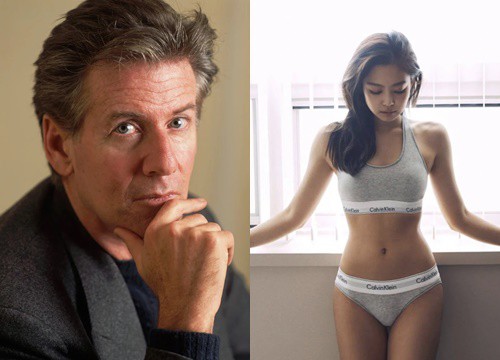
4 | 0 Discuss | Share
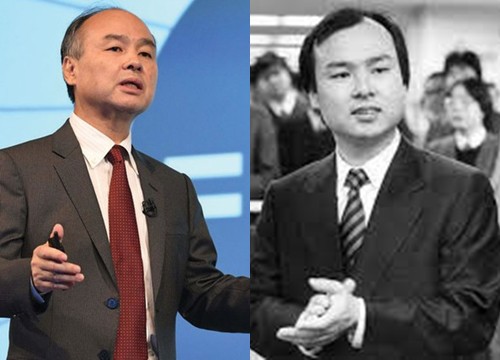
5 | 0 Discuss | Share
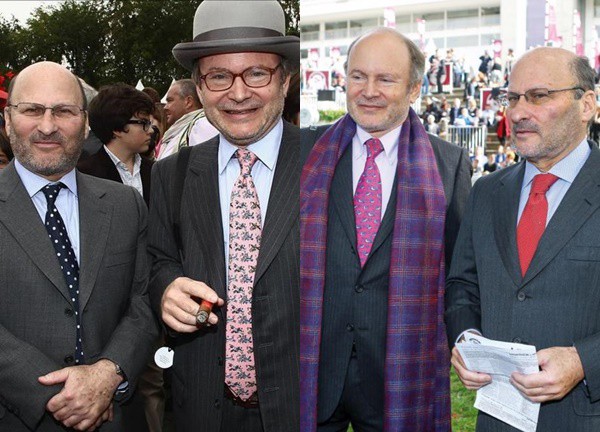
3 | 1 Discuss | Share
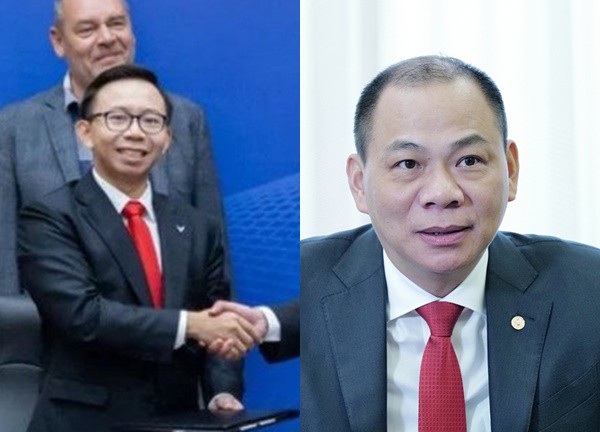
3 | 1 Discuss | Share
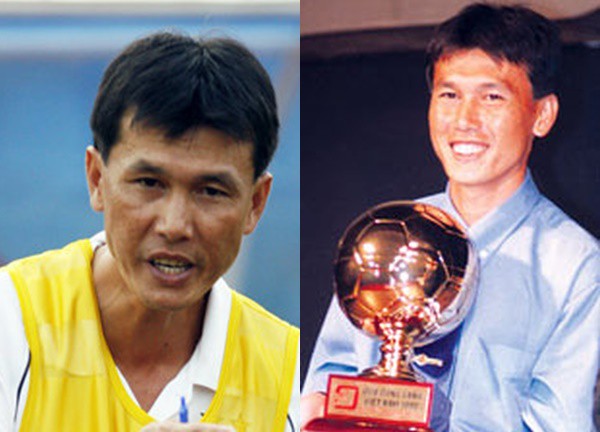
2 | 1 Discuss | Share
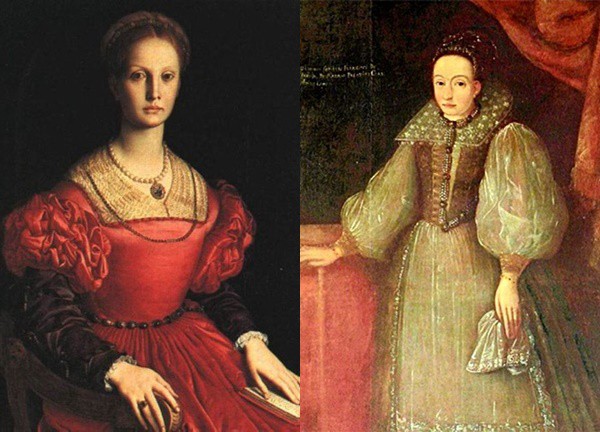
3 | 1 Discuss | Share
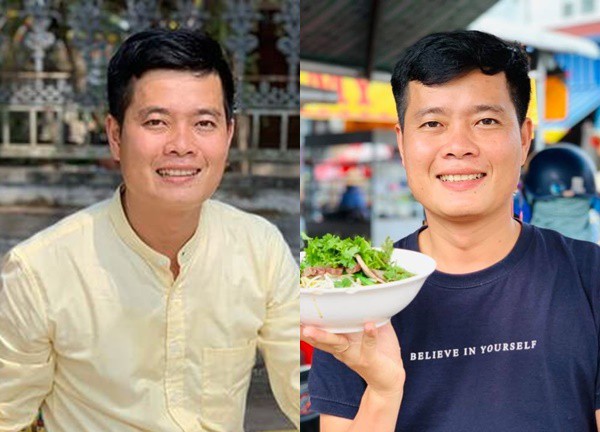
2 | 1 Discuss | Share
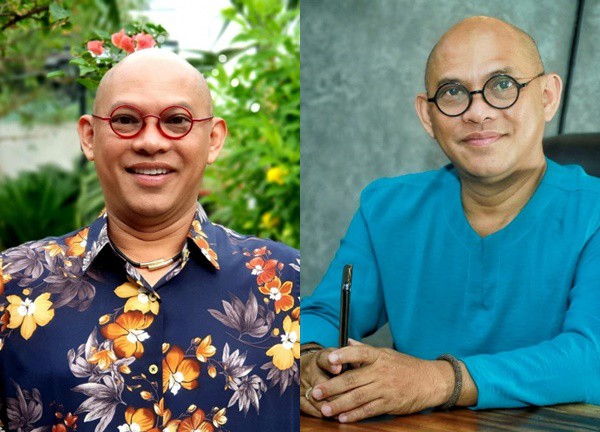
2 | 1 Discuss | Share
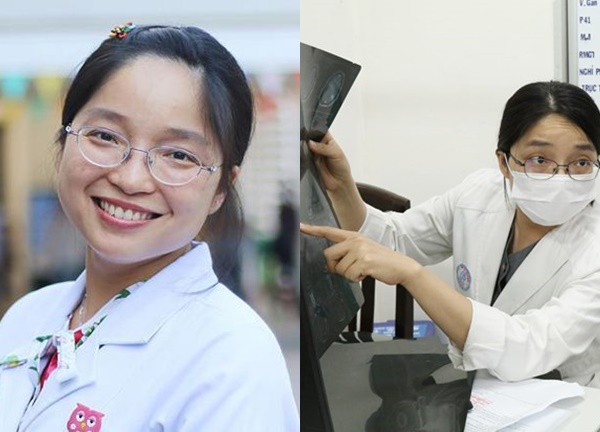
7 | 0 Discuss | Share
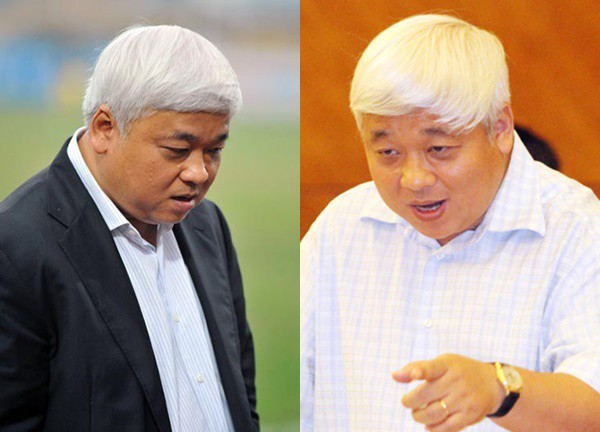
3 | 1 Discuss | Share
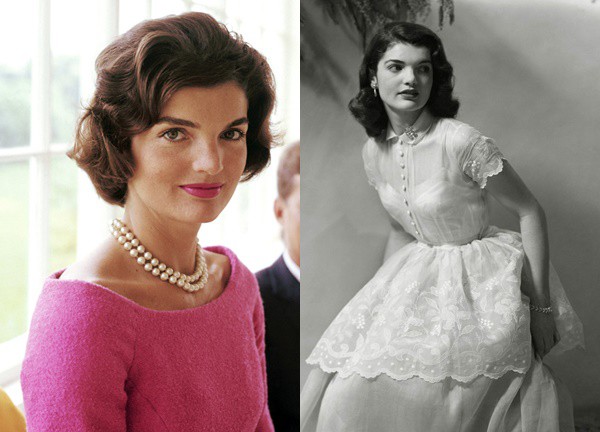
5 | 1 Discuss | Share
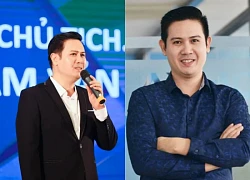
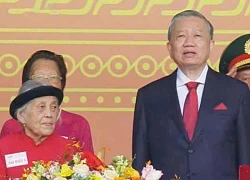



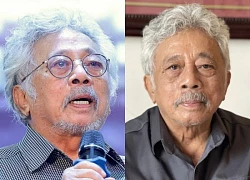
2 | 1 Discuss | Report